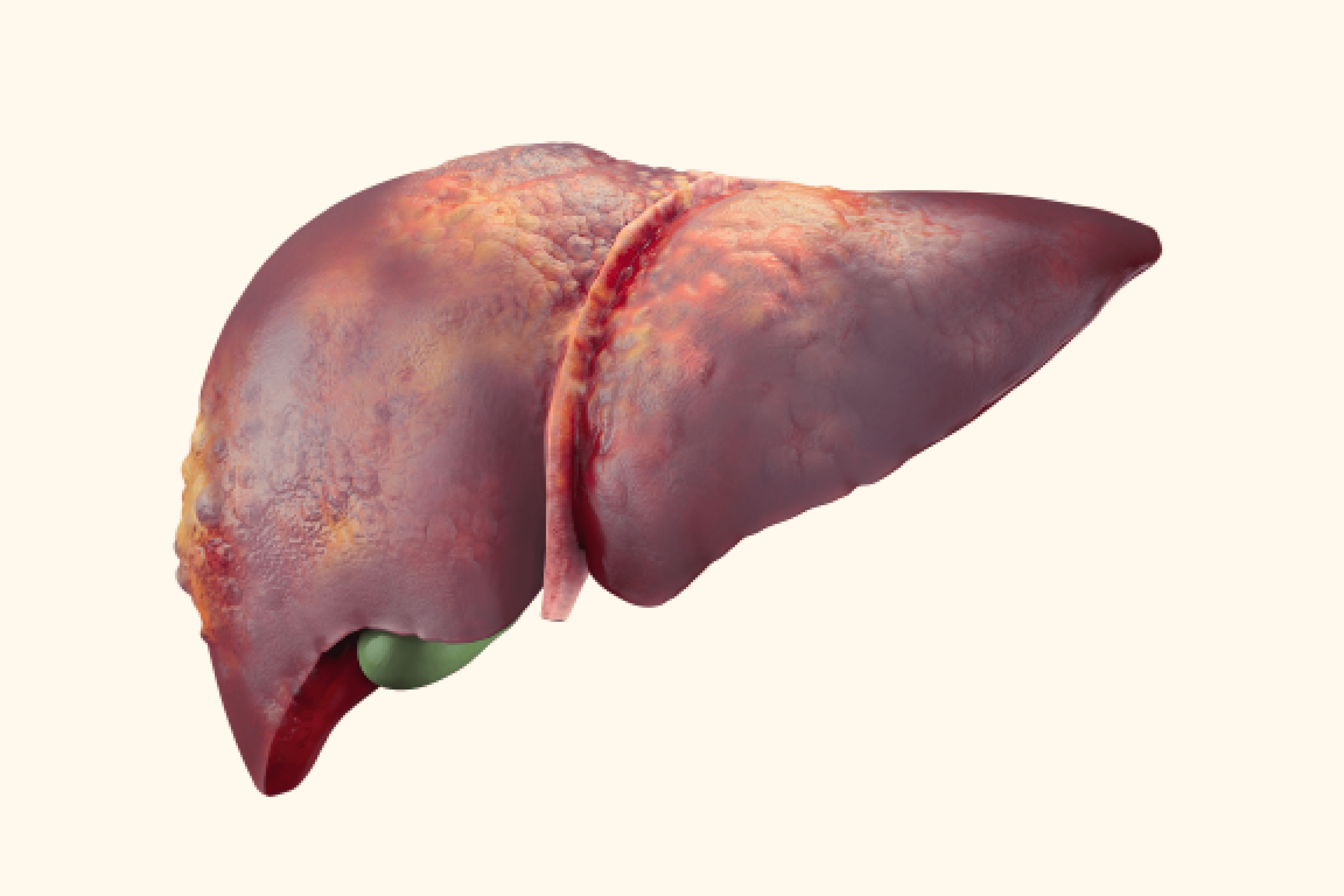Hepatitis is essentially an inflammation of the liver. An inflammation is a protective response of the body to an injury or infection. Think of that little bump you get when an insect bites you. Your body recognizes an invader (insect sting) and reacts in response by causing swelling, itching, and most times pain at the site of the sting. This normally resolves within minutes or hours.
Inflammation is good but when prolonged, can be harmful to the body. Liver inflammation known as hepatitis is a common condition and can be caused by several viruses, drugs, alcohol, chemicals and an overactive immune system.
Depending on its course, it is classified as acute or chronic. When it is acute, it goes away within a short period of time. But, when it is chronic, it causes progressive liver damage and stays for a long time.
Causes
Causes of hepatitis include:
- Virus: Viral hepatitis is the most common type of hepatitis. It is caused by several viruses including Hepatitis A, Hepatitis B, Hepatitis C, Hepatitis D, and Hepatitis E. Hepatitis A and E are spread through contact with food and water that is contaminated with an infected person’s stool. Hepatitis E is also gotten through eating undercooked pork or shellfish while Hepatitis B, C, and D are spread through contact with an infected person’s blood or bodily fluids. This happens through unprotected sex, sharing needles/syringes, pregnancy and child delivery.
- Alcohol: Hepatitis can also be caused by drinking too much alcohol. All the food and drink you consume passes through your liver for processing and filtration of toxins. Chronic alcohol consumption overloads the liver with toxins and impairs its ability to function normally. The liver struggles to keep up with the alcohol intake after a while and it becomes damaged. If this damage becomes chronic, it can permanently destroy your liver.
- Toxins: This type of hepatitis occurs when you are exposed to certain substances. It is induced by chemicals and drugs which harm the liver. Chemical-induced hepatitis is caused by an exposure to chemicals such as vinyl chloride while drug-induced hepatitis is caused by drugs like NSAIDS (Non-Steroidal Anti-inflammatory Drugs), acetaminophen and phenytoin.
- Auto-immune conditions: An auto-immune condition is when your immune system mistakenly attacks the healthy cells in your body. In autoimmune hepatitis, your immune system attacks the cells in your liver and causes an inflammatory reaction. The exact cause of this phenomenon is unknown. However, experts believe that genetics play a role which indicates that having certain genes predisposes a person to auto-immune hepatitis.
Symptoms
Many people with hepatitis will experience general symptoms like fatigue, fever, nausea, vomiting and loss of appetite. They may also experience more organ specific symptoms like dark urine, clay coloured bowel movement, yellowing of the skin and eyes (jaundice), and itchy skin.
Unfortunately, chronic hepatitis might not have obvious symptoms until the liver stops working. However, if the following is noticed in a person, it might mean that the liver is chronically affected: swelling in the abdomen, legs, and feet, confusion, persistent fatigue, spider-like blood vessels that can be seen through the skin, called spider angioma, tendency to bleed (coagulopathy) and significant weight loss.
How To Keep Yourself Safe From Hepatitis
To protect yourself and your loved ones from this condition, here are essential tips to keep hepatitis at bay:
- Keep your hands clean: Make it a habit to always wash your hands with soap and water. Do this before meals, after using the bathroom, and before/after preparing food.
- Practice good hygiene: Hepatitis A and E are transmitted through contaminated food and water. Thus, drinking clean water and eating properly prepared food is a must. Not doing either will put you at risk of getting infected.
- Practice safe sex: Abstaining from sex is the best way to protect yourself from Hepatitis B. However, if you can't do this, use a condom every time you engage in sexual activity. Hepatitis B, C and D can be spread through sexual contact.
- Avoid Sharing Needles: Hepatitis B, C, and D can be spread through the sharing of needles or syringes. Make sure to use clean and sterile needles at all times.
- Reduce your alcohol intake: Reduce your consumption of alcohol. This prevents your liver from becoming injured.
- Get vaccinated: This is one of the best ways to protect yourself from the hepatitis virus. It strengthens your immune system and makes it ready to fight off the virus in the case of exposure. To find out about how to get vaccinated, visit www.usenorth.care .
